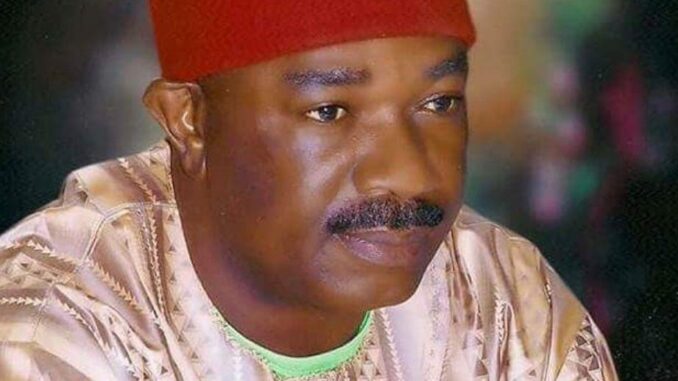
The conflict between Dr. Boniface Aniebonam and Senator Rabiu Kwankwaso within the New Nigeria People’s Party (NNPP) revolves around changes to the party’s logo, constitution, and leadership. Here are the key points:
- Disputed Changes and Actions: Aniebonam, the party’s founder, criticizes INEC for approving changes to NNPP’s logo, color, and constitution without his consent. He accuses Kwankwaso’s faction of disobeying court orders by holding a national convention and claims that INEC improperly attended and endorsed these changes.
- Legal Standing and Claims: Aniebonam asserts his continued authority as the party’s founder and chairman of the board of trustees, citing that his possession of the party’s registration certificate underscores his leadership. He argues that any changes made without his approval are invalid.
- Opposing Viewpoints: In contrast, Kwankwaso’s camp, represented by Ladipo Johnson, disputes Aniebonam’s claims. They maintain that Aniebonam has been expelled from the party through legal processes, citing court rulings that allegedly support their actions. Johnson emphasizes that adherence to the party’s constitution supersedes Aniebonam’s claims of founder status.
- INEC’s Role: Aniebonam questions INEC’s impartiality, criticizing their involvement in approving changes during a period when legal disputes over the party’s leadership were unresolved. Johnson defends INEC’s actions as compliant with legal requirements and denies any procedural errors on their part.
- Ongoing Legal Disputes: The disagreement is exacerbated by ongoing legal battles, where each side presents conflicting interpretations of court rulings regarding Aniebonam’s status and the validity of leadership changes within NNP. The clash between Aniebonam and Kwankwaso centers on authority and legitimacy within NNPP, with accusations of procedural irregularities and court order violations adding complexity to the dispute. The resolution likely hinges on further legal proceedings to clarify the party’s leadership and constitutional amendments.